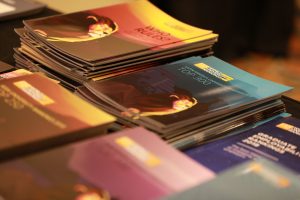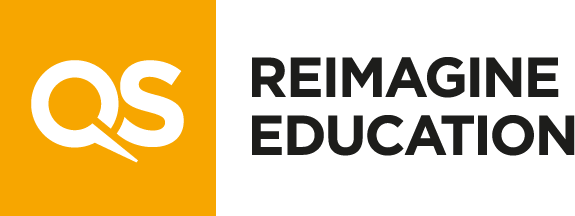USING ADAPTIVE TECHNOLOGY TO INCREASE SCIENCE COMPREHENSION
REIMAGINE NEWSLETTER: ISSUE 18
Dear Reimaginer,
In the four years that we’ve been inviting academics, ed tech entrepreneurs, and skilled teachers to submit their work to Reimagine Education, we’ve seen numerous examples of creativity – of innovative thinking – of passionate ambition to improve educational outcomes. The projects that have set themselves apart, however, are those that we can see transforming educational outcomes for students around the world, demonstrating outstanding scalability as well as originality and effectiveness.
There is, perhaps, no skill more fundamental for educational achievement than literacy. The Matthew Effect – applied by Keith Stanovich to the study of literacy – justifies such a statement: those who acquire the ‘phonological awareness’ (Stanovich argues in his 1986 paper, ‘Matthew effects in reading: Some consequences of individual differences in the acquisition of literacy‘) conducive to reading success at an early age experience positive feedback loops that enable them to negotiate more complex texts. These feedback loops, in turn, ‘appear to be potent sources of individual differences in academic achievement’.
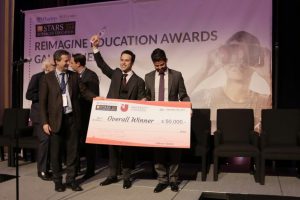
Of course, literacy is not only relevant to the English classroom: a child who has gained high levels of early literacy is likely to find reading scientific, historical, or – as they move up the educational ladder – sociopolitical tracts easier, aiding higher levels of achievement in these subjects.
The result, unsurprisingly is the literacy-poor becoming poorer, and, inevitably, the literacy-rich becoming richer. Nor do those who fail to acquire essential levels of reading competency simply remain literacy-poor: the 2002 edition of the Adult Literacy in America study, conducted by the National Center for Education Statistics found that 41% to 44% of U.S. adults in the lowest level on the literacy scale were living in poverty.
Inevitably? For two of our strongest 2017 applicants, Louise Baigelman and Harriet Isecke, the enhancements made to educational technology – adaptive, accessible, affordable – was an opportunity to not only improve literacy rates among the estimated 750 million adults worldwide who are illiterate, but also to mitigate the Matthew Effect somewhat by aiming their solutions at young adults.
The scale of global illiteracy is such that any project or approach that has evidence of effectiveness is likely to offer high scalability – which we care about deeply. In this edition, we’ve offered Louise and Harriet the opportunity to share their stories with you: we hope their approaches prove compelling.
Regards,
Jack Moran
Editor
Reimagine Education
Judging
We’re continuing our call for expert volunteer judges to help evaluate this year’s entrants to Reimagine Education. Want to:
- Gain extensive insight into improvements in education across the world?
- Receive global visibility for your role on our judging panel?
- Acquire accredited acknowledgement for your contribution?
- Receive a complimentary ticket to this year’s Reimagine Education conference?
Then we invite you to join the judges! Our call for judges will remain open until the 31st May, and all those who profess expertise in education are invited to apply for consideration. Submit your application here.
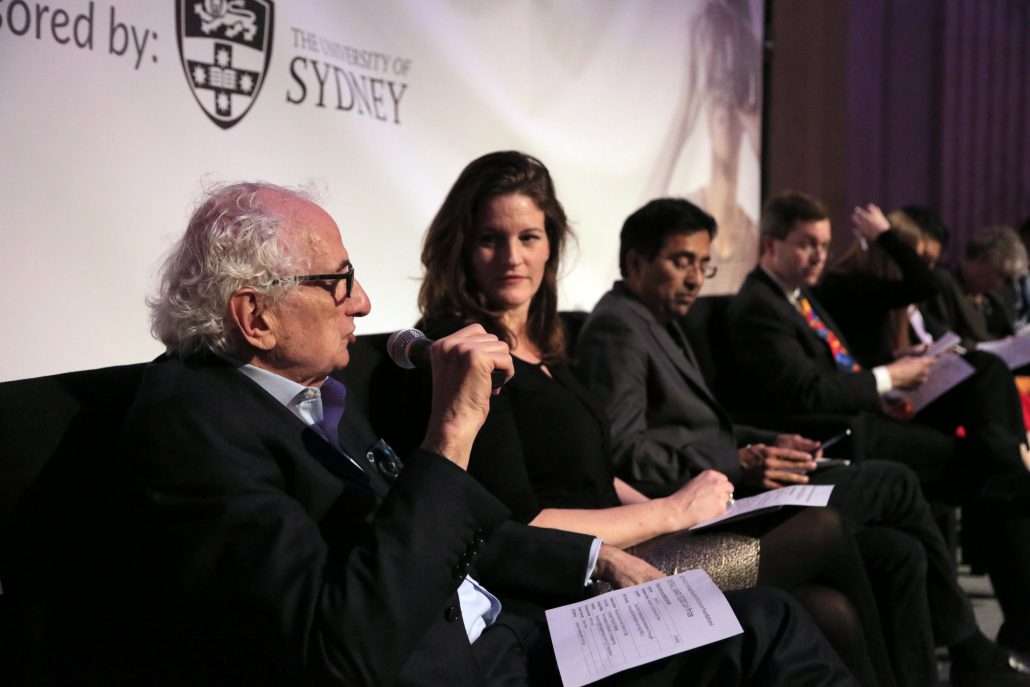
Speaking
If you’re an expert in your field, keen to contribute to urgently-needed debate about the future of education, then we want to hear from you! Our 2018 Call for Speakers has opened, and we’re accepting applications from educators worldwide! This year, we’re offering especial preference to those that can offer case studies of successful pedagogical innovation – demonstration above speculation, efficacy before prophecy.
Particularly desirable are case studies pertaining to successful implementation of:
- Artificial intelligence
- Virtual reality/augmented reality
- Learning analytics
- New forms of learning assessment (e.g. adaptive comparative judgement)
- Curricular redesign
- Approaches at the intersection of neuroscience and pedagogy
- Adaptive learning
- Hybrid learning approaches.
If you would like to convene a panel, please contact [email protected] with your proposal. You can apply to speak at http://bit.ly/Reimagine18Speakers.
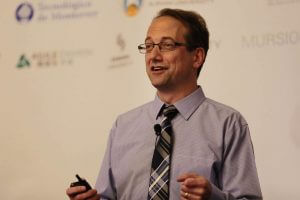
Introductory Papers
Those who have only just been introduced to Reimagine Education are offered five introductory papers on the key focuses of Reimagine Education, which outline some basic information about each focus, and introduce some of the debates that we take up at the event.
We’ve written on:
Technology and pedagogical innovation
The Global Skills Gap: Student Misperceptions and Institutional Solutions
